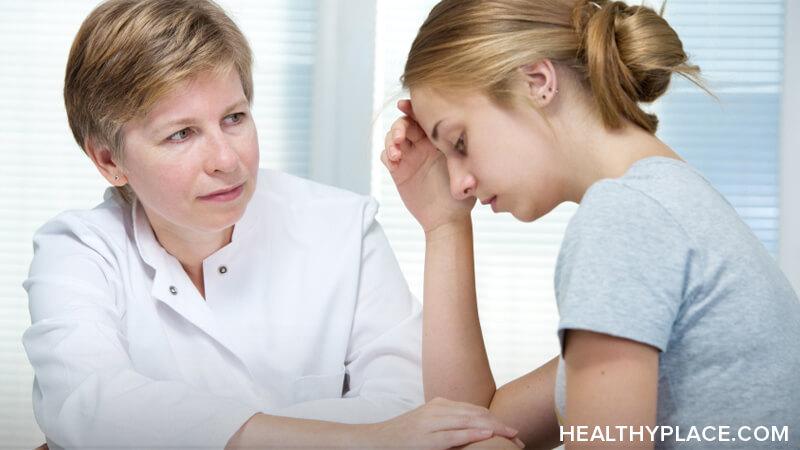Why You Have to Want Eating Disorder Recovery for Yourself

I have taken numerous stabs at eating disorder recovery in the past decade, and until just a couple years ago, these attempts were unsuccessful. Why did I continue to revert back to an illness that sabotaged all the dreams and plans I envisioned for my young life? The answer is simple, but it eluded me for years, and perhaps it has eluded you too. So here is the truth I have since come to learn—you have to want eating disorder recovery for yourself. This must be the purpose that fuels your desire, resolve, and persistence to heal. Otherwise, the motivation you feel at the start of this journey will be unsustainable and short-lived once the obstacles emerge. Once I made that connection, it transformed my whole mindset around healing, so this is why I cannot stress enough, you have to want eating disorder recovery for yourself—and no one else.
How I Found Out It Does Not Work to Recover for Anyone Besides Myself
I was a surly, broken, miserable 19-year-old the first time I heard the doors of an inpatient treatment facility lock behind me. I remember feeling dissociated from the malnourished body that I knew on some remote level to be mine, but the experience this body had walked into was just too surreal—I mentally detached from it. That initial shock wore off though, and over the three months I spent in this program, I acclimated to the environment and learned to embrace the treatment process. But still I chose eating disorder recovery for the wrong reason—I wanted my parents, sister, friends, counselor, and dietitian to be proud of me. It seemed noble at the time, but it was not a deep enough incentive to anchor and sustain me long-term.
I left this program restored to physical health, but in my heart, I knew the disordered eating behaviors would resurface at some point. In college, they were just within reach if I ever felt an urge to narcotize the stress of exams or research papers. When I suffered a traumatic incident, followed by a breakup shortly thereafter, those behaviors were the escape hatch I used to numb emotions I was not prepared to deal with. Then four years later—newly married and on a downward spiral—I committed to pursuing eating disorder recovery once again, this time for my husband's sake. I wanted to calm his fears and I wanted our relationship to thrive, so I embarked on another obligatory effort to heal.
What Shifted When I Chose to Want Eating Disorder Recovery for Myself
What began as a last-ditch attempt to save my tenuous marriage took an unexpected turn, however, when I realized just how sick and tired I was of this existence ruled by an eating disorder. I wanted to lick dough off the spatula while baking with my mom and sister over the holidays. I wanted to slip on a pair of jeans without feeling anxious or overwhelmed. I wanted to make dinner plans with my friends instead of canceling on them to exercise. I wanted to enter a grocery store and not fear the onset of a panic attack. I wanted to taste authentic fish and chips while on vacation with my husband in London. I wanted to live in a body that was cared for, nourished, and treated with kindness instead of repulsion.
I wanted eating disorder recovery for myself because I realized nothing else could restore the life I missed. This time around, my desire to heal was not based on my husband, family, therapist, or friends. While my relationships were, in fact, strengthened as a byproduct, this was not my sole motivation anymore. I chose to recover when health, freedom, and wholeness became more important than the false security of an eating disorder. And I believe the same is possible for you. If you have tried to recover for other people and this approach has not worked, then redirect your focus inward—you have to want eating disorder recovery for yourself. It will be painful and difficult, but the outcome is worth everything.
APA Reference
Schurrer, M.
(2019, September 4). Why You Have to Want Eating Disorder Recovery for Yourself, HealthyPlace. Retrieved
on 2026, January 28 from https://www.healthyplace.com/blogs/survivinged/2019/9/why-you-have-to-want-eating-disorder-recovery-for-yourself